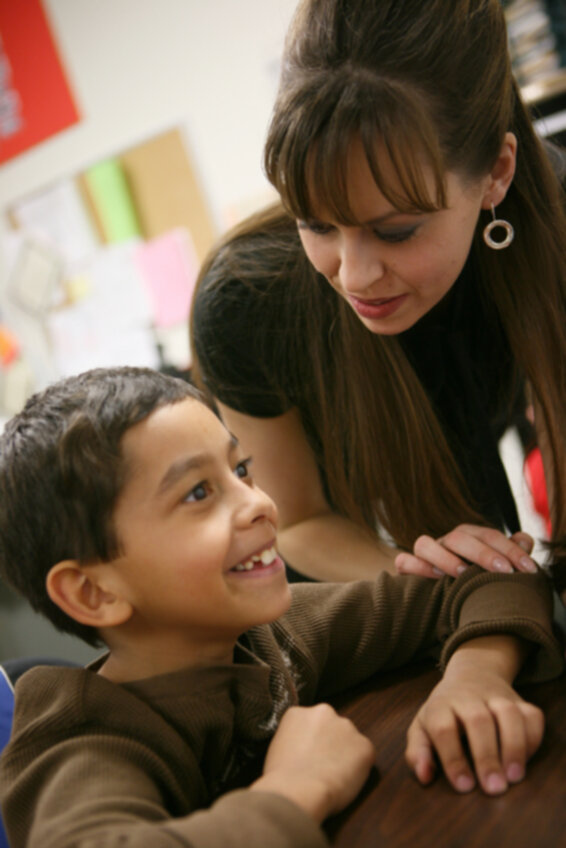What is the Purpose of Education? 

ACSD, the professional organization for educators, provides an interesting and apt explanation of the purpose of education as it has unfolded over the years. It’s a quote by John Dewey who was the Professor of Philosophy at Columbia University and the writer of the well-known and timeless piece “Individual Psychology and Education.” Though written back in 1934, it still holds true today. He stated that:
The purpose of education has always been to give the young the things they need in order to develop in an orderly, sequential way into members of society. This was the purpose of the education given to a little aboriginal in the Australian bush before the coming of the white man. It was the purpose of the education of youth in the golden age of Athens. It is the purpose of education today, whether this education goes on in a one-room school in the mountains of Tennessee or in the most advanced, progressive school in a radical community. But to develop into a member of society in the Australian bush had nothing in common with developing into a member of society in ancient Greece and still less with what is needed today. Any education is, in its forms and methods, an outgrowth of the needs of the society in which it exists.
In meeting the part by Dewey that education is an “outgrowth of the needs,” then schools should be better meeting the criteria as it relates to English language learners (ELLs). With the estimated 4.5 million ELLs in the public school system, most of whom are Latino, according to 2013-14 statistics by NCES, the National Center for Education Statistics, a significant number of these students never even become completely fluent, fall way behind their peers in the core subjects, including literacy, and never even end up never graduating high school. It’s a sobering situation that not only hurts these kids but society at-large.
In improving their academic achievement, The Department of Education (ED) states that all children, including English-proficient children should have a fair, equal, and significant opportunity to obtain a high-quality education and reach, at a minimum, proficiency on challenging State academic achievement standards and state academic assessments.
In assisting an English language learner, the most important skill for him or her should be in learning how to read in English states The Latino Family Literacy Project. Learning to read becomes the avenue to all other academic skills and successes, the organization states. Becoming a reader is infinitely easier when parents are involved. In essence, the key to parent involvement for English language learners is to embed family reading in the educational process, it says.
The Latino Family Literacy Project, a BRIGHT SPOT award-winner for Educational Excellence with Hispanics, trains teachers, administrators and staff to use parent involvement programs for literacy and college awareness. In helping parents in establishing a regular at-home reading routine, kids learn new reading skills, improve vocabulary and often vastly improve their overall language skills in both Spanish and English, which research now shows that both languages are important in becoming fluent in English. For more information, please contact The Latino Family Literacy Project, a program that is part of the national bilingual book publishing company, Lectura Books.
